The UK government recently delayed the ban on new petrol and diesel car sales by five years from 2030 to 2035. Are the targets for migration to EVs realistic and is the government supporting the rollout of EV charging infrastructure sufficiently?
There are currently 35 million vehicles on UK roads. If every one of these vehicles was switched to an EV, the National Grid has estimated that it would only take around 10% of additional power generation than we currently have. We are not quite there yet; according to the Society of Motor Manufacturers and Traders by 2030 there will be seven million EVs on the road.
It would be fair to say that the government has made a significant amount of positive investments and contributions to the industry, including grants to allow people to install home chargers and a whole plethora of grants that are available to workplaces and fleets. For example, the Local Electric Vehicle Infrastructure (LEVI) fund enables local authorities to apply for funding for charging infrastructure. There is also a fund to support the introduction of rapid charging. In total I think there is a commitment of around £1.6bn from the government to support EV charging.
However, the private sector also has its role to play. Members of ChargeUK, the trade federation that represents the charging industry, have committed £6bn over the next seven years to roll out charging infrastructure. Interestingly, that’s nearly four times more than the UK government.
It's clear that the government needs to provide investment in the wider automotive sector. The focus should be ensuring that the UK builds and develops a motor industry for the future, building battery Giga-factories. This will stimulate global inward investment growing the economy and creating thousands of jobs.
The CEO of motorway services operator Moto, Ken McMeikan, recently stated that they can build the chargepoints at its outlets but can't always get the power to operate them. How can these type of power supply issues to EV chargepoints be resolved?
Over the last 30 to 40 years, the UK’s energy system has been through a lot of changes. Coal and gas have powered up our energy infrastructure for a number of years, generation was distributed centrally from large power stations outwards across the UK. As we bring on cleaner, greener energy, we see more generation built off-shore, where there is strong, stable wind, and the power is distributed inwards across the UK.
The grid has made those changes, without many of us noticing. It will make more changes as the demand for EV charging increases, whether at motorway service stations where there is a high demand for power to be deployed quickly, or to inner city, out of town locations ensuring that infrastructure meets the needs of the user.
Motorway service stations for instance have never previously had a significant power demand; the main power requirements were heating and lighting. The challenge now is to build that capacity to meet this increased demand. Over the next decade, the National Grid has budgeted and planned to have ten times the number of grid applications across the UK to meet this challenge.
We have to be patient, we are dealing with a nascent technology so there are going to be bumps in the road. To fully transition from ICE petrol and diesel to 100% of vehicles powered by battery-electric doesn’t require a significant increase in the amount of power generation. The transition is about reconfiguring the network. In other words, ensuring the power we generate reaches the right locations to supply the electricity our cars need for charging right across the strategic road network.

What can the UK learn from other countries that have effectively deployed EV chargers and infrastructure?
The Nordic countries are a great example, as are France and Germany. There are some key lessons we can learn from them about both their EV charging infrastructure and the wider transportation systems. However, when comparing the infrastructure and their transportation networks in general, you have to be careful as they are run, commercially and operationally, in a very different way than in the UK.
We need to examine in-depth the effectiveness of the UK public transport system as a whole, not just the EV infrastructure. Can our public transport be improved? Yes it can. Will that have a knock-on benefit for our motor vehicle transportation? Yes it will.
The reason why we are transitioning to zero tailpipe emission vehicles is, in part, because of the climate crisis and also improving our air quality. It is not just replacing petrol and diesel vehicles with electric cars. It should include all forms of transport whether that be autonomous vehicles, e-bikes and e-scooters, they are all part of the transition. This is where we can learn from other countries as they have systems that we should be looking to replicate.
It doesn’t end with modes of transport either. Take battery factories, for instance. Many countries across Europe have already made significant progress and brought in the investment to build a number of Giga-factories. We need to make sure we are not going to be left behind.
And finally, it is important to remember, and take note, that the UK is ahead of the curve when it comes to setting safety standards [BSI PAS 1899:2022] for EV charger accessibility. We are the only country to enable safe and secure access to those who have restrictions to their mobility.
Apart from the power supply issue, are there any other specific gaps in the UK’s EV charging infrastructure that need addressing?
We need to put the consumer first when it comes to deploying charging infrastructure. From the research we have done, it has highlighted the need for having the right charger in the right location with the right speed.For example, if you are on a long journey and stop off at a motorway service station, you want a lot of charge in a short period of time. But when you're staying at a hotel,leisure park, at home or at work, then you don't need a lot of charge in a short period of time. You can charge much slower. We should also be aware that a motor vehicle spends over 90% of its life stationary and we need to design charging infrastructure that complements that.
We also need to make sure that the user journey is simple, payment is easy, charging is accessible and easy to use, and that charging sites are safe and secure. We've recently commissioned research into public EV charging in the UK, which has produced some really interesting stats, including that UK EV drivers are prepared to pay a premium in order to reserve charging. 67% of them in fact!
What is the background of SMS and what expertise do you have in the EV and charging sector?
SMS has been around for nearly 30 years in the energy and infrastructure sector, working on both large scale projects and national infrastructure projects.
Customers often ask Charge Point Operators (CPO) about their experience in their ability to deliver and operate EV charging. We’re very well placed and able to draw on our significant experience and strength as a business.
Landlords need the assurance they can work with operators for the long term, our strong covenants give our customers that confidence. Our core business model is funding and operating multiple energy asset classes, from domestic and commercial smart meters to grid scale energy storage, all supported through a National Distribution Centre (NDC) that handles over 2 millions shipments each year.
For over a decade we have designed and managed more than 60,000 power connections for large projects. This includes the London 2012 Olympic park and – closely aligned to the challenge faced in designing and deploying EV charging infrastructure – the national rollout of the UK’s mobile telecom and broadband networks. We buy more than £350m per annum of energy on behalf of our customers, were recently named one of the UK’s nine Climate Tech unicorns, and – having readily built on our capacity and capability – are in position where across the SMS group we now operate a nationwide network of nearly 3,000 EV charge points.
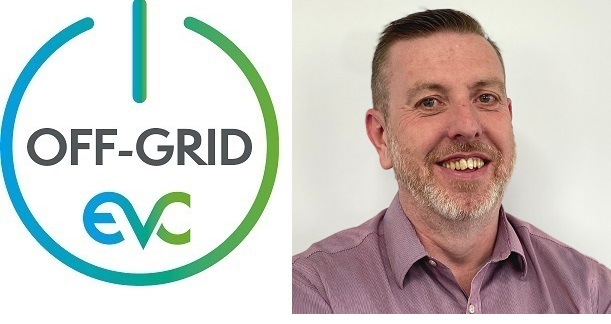
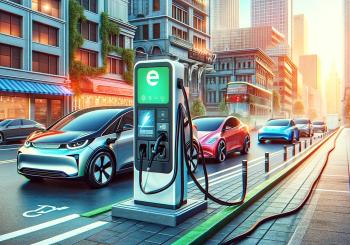
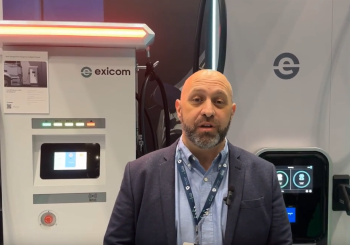
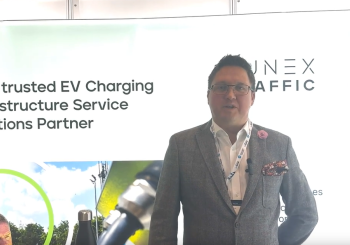
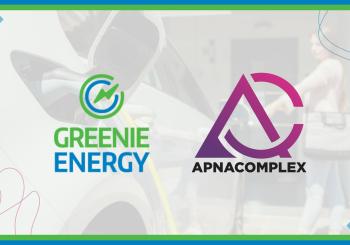
Follow Us On Social Media